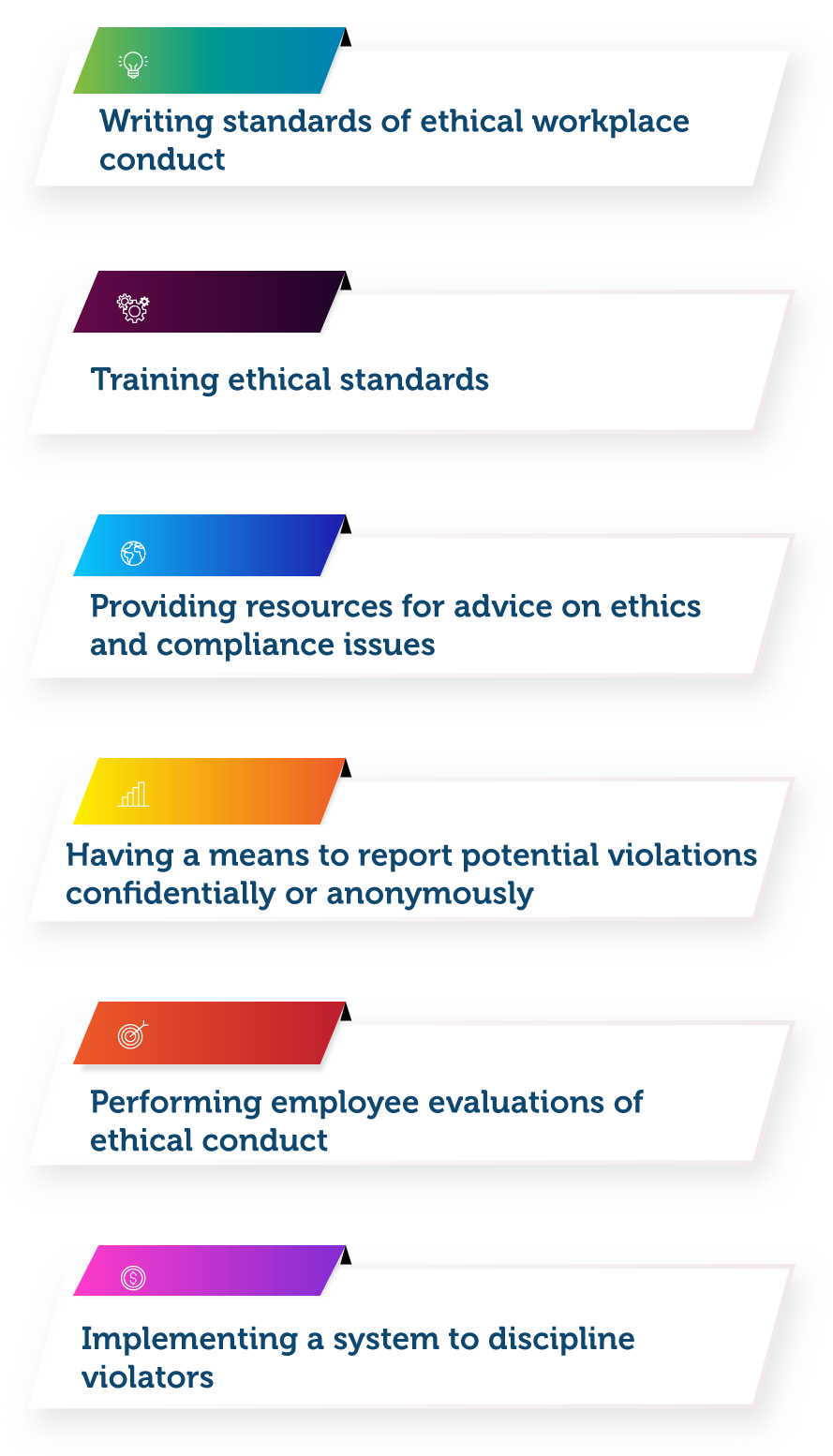Ex-Binance executive alleges retaliatory firing over bribery scheme
The allegations of wrongful dismissal and retaliation at Binance have come to light after a former senior executive claimed that she was fired for whistleblowing a bribery incident involving a colleague. According to Bloomberg News, Amrita Srivastava, who was based in London and worked on Binance’s Link platform remotely, raised concerns about a colleague soliciting a bribe from a customer in exchange for expedited integration services.
The alleged misconduct involved payments disguised as "consultative services" and occurred while the colleague distanced himself from his formal association with Binance. Although the colleague has since left the company, Srivastava claims that her dismissal in April 2023 was a direct result of her report to management the previous month.
Challenging Work Environment
Joining Binance in April 2022 following a role at Mastercard, Srivastava initially believed in the company's commitment to regulatory compliance amidst global pressure. However, she described the work culture as chaotic and highlighted mounting pressure within her unit to secure deals, particularly after losing revenue streams associated with a client linked to Iran.

Despite reporting the bribery incident to her superiors, Binance cited "poor performance" as the reason for Srivastava's termination. The company's legal team asserted that her dismissal predated the whistleblowing and that the alleged bribery was already under internal review.
Legal Implications and Consequences
Under UK law, whistleblowing cases in employment tribunals can lead to significant financial consequences for companies if the claims are upheld. Srivastava's allegations not only question the ethical conduct at Binance but also highlight the potential consequences of retaliatory actions against whistleblowers.

She claims that the negative impact on her career and reputation as a result of her experience at Binance will take years to rectify. The case underscores the challenges faced by individuals who choose to speak out against alleged misconduct in the workplace.
It is essential for companies to uphold ethical standards and provide a safe environment for employees to raise concerns without fear of retaliation. The outcome of this case could have broader implications for whistleblower protection and corporate accountability in the future.




















